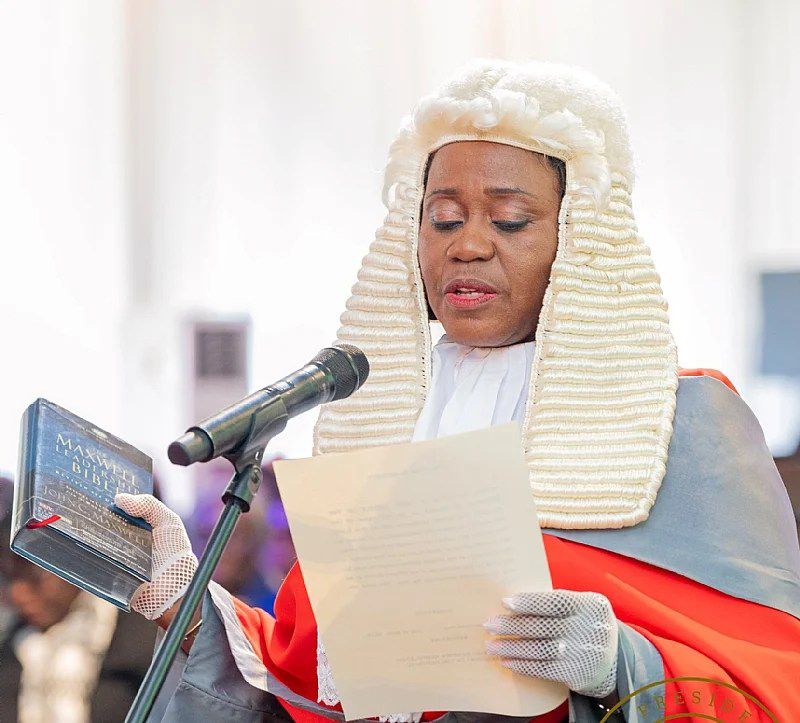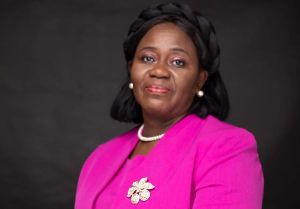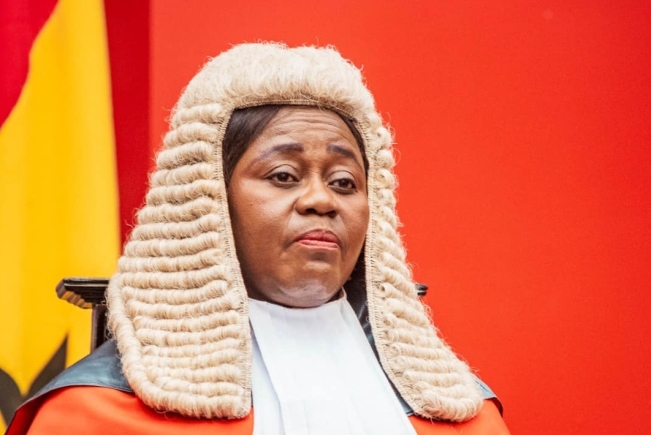Former Chief Justice Gertrude Torkornoo has mounted a legal challenge to her removal as a Supreme Court judge, a bold move that has put Ghana’s judiciary back in the headlines and reignited public debate about the balance of power in the country’s democracy. The case is more than a personal battle; it is shaping up to be a referendum on judicial independence in Ghana.
What the Law Says
The 1992 Constitution of Ghana provides robust protections for judges, enshrining the principle of security of tenure. Article 146 outlines that a Justice of the Superior Court can only be removed for stated misbehavior, incompetence, or inability to perform judicial functions due to infirmity of body or mind.
Such removal requires a formal petition, the establishment of a committee by the Chief Justice (or the next most senior justice in cases involving the CJ), and a recommendation to the President. The Constitution’s framers intended this process to safeguard judges from arbitrary dismissal and executive overreach. Legal experts argue that if Justice Torkornoo’s removal bypassed or weakened any of these safeguards, the judiciary’s independence would be seriously undermined.
Historical Background

Ghana’s judiciary has had moments of turbulence in its history. During the military regimes of the late 1970s and early 1980s, judicial independence was severely threatened, with some judges being dismissed or even killed — the infamous 1982 abduction and murder of three High Court judges still casts a long shadow over the judiciary. Since the return to constitutional rule in 1992, Ghana has largely enjoyed a respected judiciary.
However, controversies have occasionally emerged, particularly regarding appointments and removals. Justice Torkornoo’s case is unique because she is not just a Supreme Court judge, she is a former Chief Justice, the highest-ranking judicial officer in the country. Her challenge could become one of the most significant judicial disputes since the constitutional crisis surrounding the 2012 presidential election petition, which was decided by a split Supreme Court ruling.
Her Story So Far
Justice Gertrude Torkornoo made history in June 2023 when she was sworn in as Ghana’s 15th Chief Justice, following the retirement of Justice Kwasi Anin-Yeboah. Her tenure was marked by efforts to improve court automation, expand access to justice, and modernize court processes. However, her time as Chief Justice was not without controversy. Critics accused her of being too close to the political establishment, while supporters hailed her as a reform-minded jurist committed to institutional strengthening.
The decision to remove her from the Supreme Court bench — which came after her tenure as Chief Justice — has been met with mixed reactions. By filing a legal challenge, Justice Torkornoo is effectively asking the courts to determine whether due process was followed and whether the executive’s actions were lawful.
What This Means for the Judicial System
Justice Torkornoo’s case could redefine the boundaries between the executive and the judiciary. If the court rules in her favor, it will reaffirm the principle that judges cannot be removed without strict adherence to constitutional procedures.
This would strengthen judicial independence and send a strong signal to future administrations. On the other hand, if the challenge fails, it may embolden future governments to exercise more influence over judicial appointments and removals, potentially eroding the courts’ perceived neutrality.
This case also highlights the need for clearer communication between the judiciary and the public. Many Ghanaians are still confused about what triggered the removal, which risks undermining trust in the system.

Implications for Ghana’s Democracy
At its core, this is about more than one judge — it is about the health of Ghana’s democracy. A judiciary that is free from political interference is essential for upholding the rule of law and protecting citizens’ rights. Political watchers warn that if judges feel vulnerable to dismissal, they may hesitate to rule against the government in politically sensitive cases. This could weaken checks and balances and tilt the system toward executive dominance. Ghana has long been praised as one of Africa’s most stable democracies, but this case will test whether its institutions are strong enough to withstand political pressure.
The outcome could either boost confidence in the separation of powers or deepen public skepticism about whether the judiciary is truly independent.
Public Relations and Perception
From a public relations perspective, this case is a delicate one. For Justice Torkornoo, it is not just about winning legally but also reclaiming her reputation. Public opinion is divided — some see her as a victim of political maneuvering, while others believe she is fighting to protect her legacy. The judiciary, too, faces a PR challenge. The courts must handle the case transparently to avoid perceptions of bias. A lack of clear communication could fuel conspiracy theories and deepen cynicism about the justice system.
Media coverage will play a crucial role in shaping how Ghanaians interpret the case. Balanced reporting and expert commentary will be necessary to keep the public informed without inflaming tensions.
Takeaway
Justice Torkornoo’s challenge is more than a personal legal battle. It is a moment of reckoning for Ghana’s judiciary. Whether the outcome favours her or the state, the case will have lasting implications for how judges are appointed, removed, and protected. For Ghana, this is an opportunity to reaffirm its commitment to judicial independence and constitutionalism. The nation and the region will be watching closely.
Read Also: President Mahama Removes Chief Justice Gertrude Torkonoo Following Misconduct Inquiry

